
Inside Out – Holidays & Dementia – 11/13/24
Podcast: Play in new window | Download (Duration: 13:37 — 18.7MB)
Subscribe: Apple Podcasts | Spotify | Android | Email | RSS | More
Holidays and Dementia
Family Life’s “Inside Out” podcast with Martha Manikas-Foster
If someone you love is living with dementia, simplifying how you celebrate the holidays could create a more enjoyable time for everyone. Phil Shippers of the Rochester and Finger Lakes chapter of the Alzheimer’s Association offers practical help in this Inside Out news podcast.
One in ten older Americans lives with dementia. Maybe this includes people you love. If so, being flexible and even making a few changes to the way you celebrate the holidays could help everyone feel more comfortable around the table this year.
“We have to realize that due to the changes in the brain, the person is trying to interpret their environment. So, being part of a social event may be upsetting or confusing or stressful,” says Phil Shippers, program director for the Rochester & Finger Lakes Region of the Alzheimer’s Association.
“I think the biggest thing is to be flexible, and perhaps to change our expectations,” he says. “Maybe we try new things. And we want to do this to reduce commotion, to reduce noise and activity, to make the person living with dementia feel more comfortable.”
Even if we’re not organizing the gathering, Shippers says there are practical things we can do to help our loved one living with dementia enjoy the time together. “One of the suggestions that we make is that when people approach the person living with Alzheimer’s or dementia, that they introduce themselves,” he says. “And it doesn’t have to be formal or stuffy. You can just make light of it, saying, ‘Oh, this is your favorite grandson Patrick.’”
We want to preserve each person’s dignity and demonstrate our love. Along the way, Shippers points out, we will make mistakes. “Give yourself some grace as well,” he says. “And just be as positive and really enjoy the moment as much as you can.”
Listen to our Inside Out podcast, where Phil Shippers lists a number of practical ways to make gatherings more comfortable.
For additional help, the Alzheimer’s Association offers support and resources 24/7 through its Help Line at 800-272-3900. You can also contact the Alzheimer’s Association at Alz.org.

 That website offers six recommendations for households where the attendees include someone who is dealing with these types of memory loss and limitations.
That website offers six recommendations for households where the attendees include someone who is dealing with these types of memory loss and limitations.
#InsideOut
11/13/2024
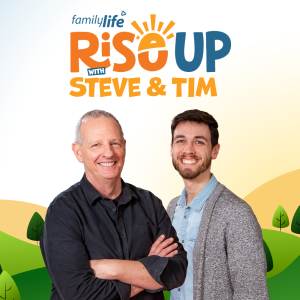
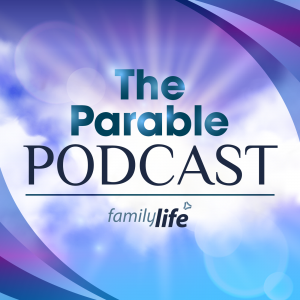







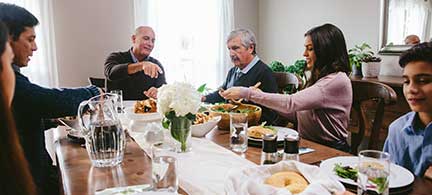
 “I think the way Jesus understood being a neighbor was loving the people who are near you. If there are people around you, there is–if you’re a believer in Christ–a responsibility to consider these people as your neighbors and to ask the Lord ‘what must I do to care for them well?’”.
“I think the way Jesus understood being a neighbor was loving the people who are near you. If there are people around you, there is–if you’re a believer in Christ–a responsibility to consider these people as your neighbors and to ask the Lord ‘what must I do to care for them well?’”.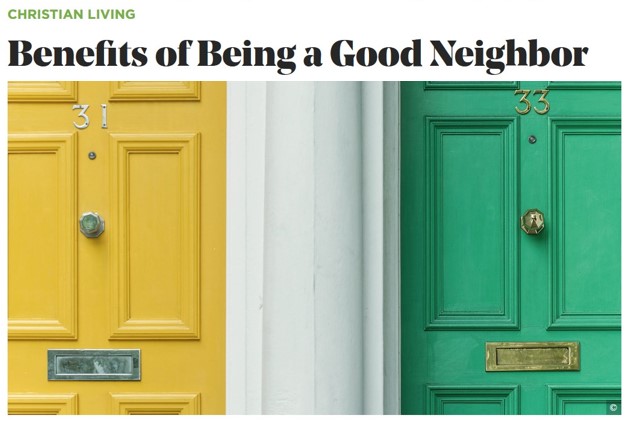


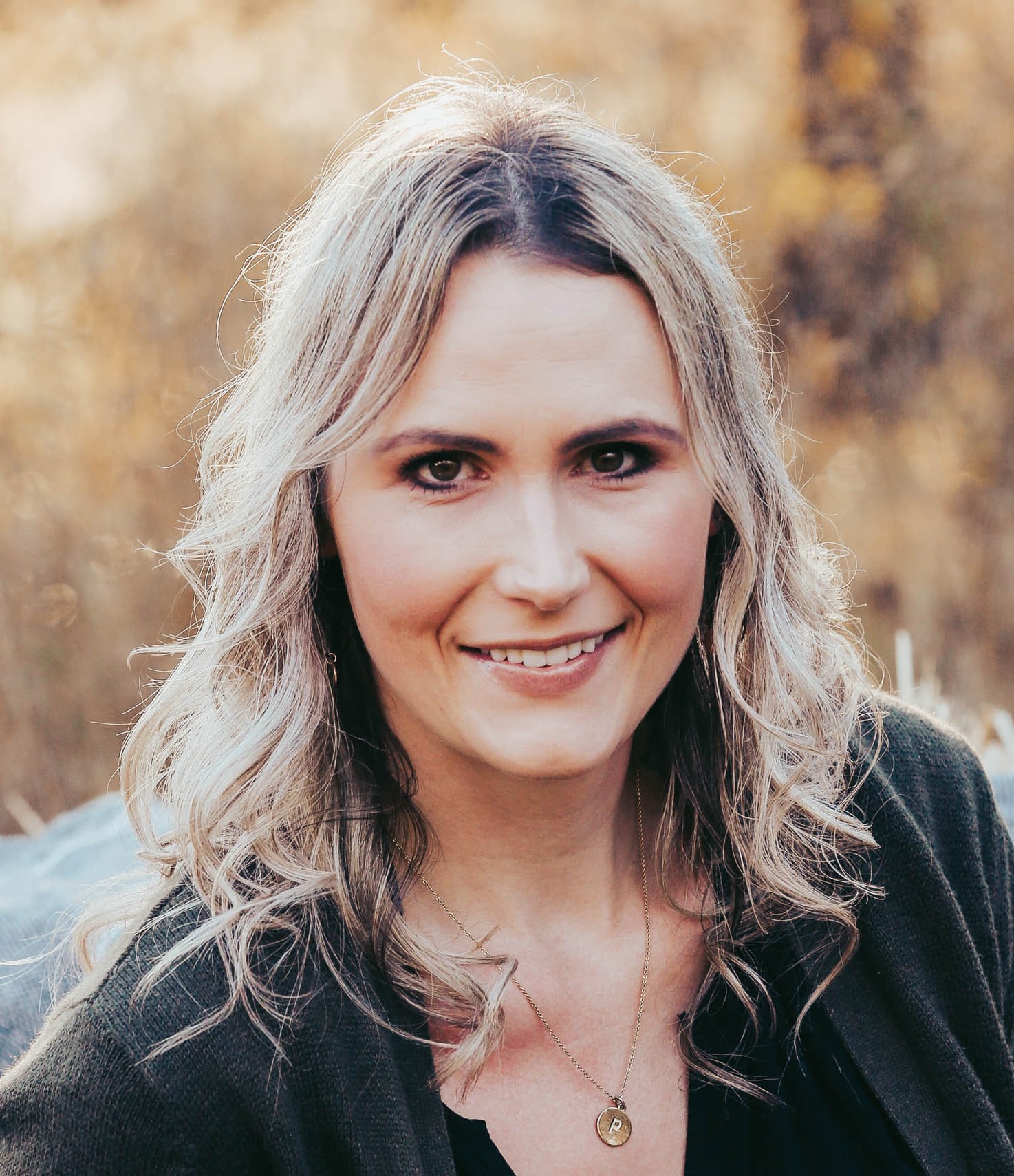

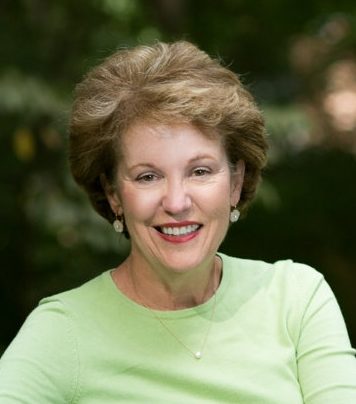



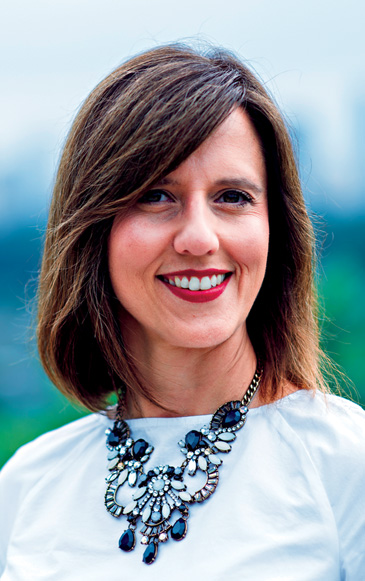

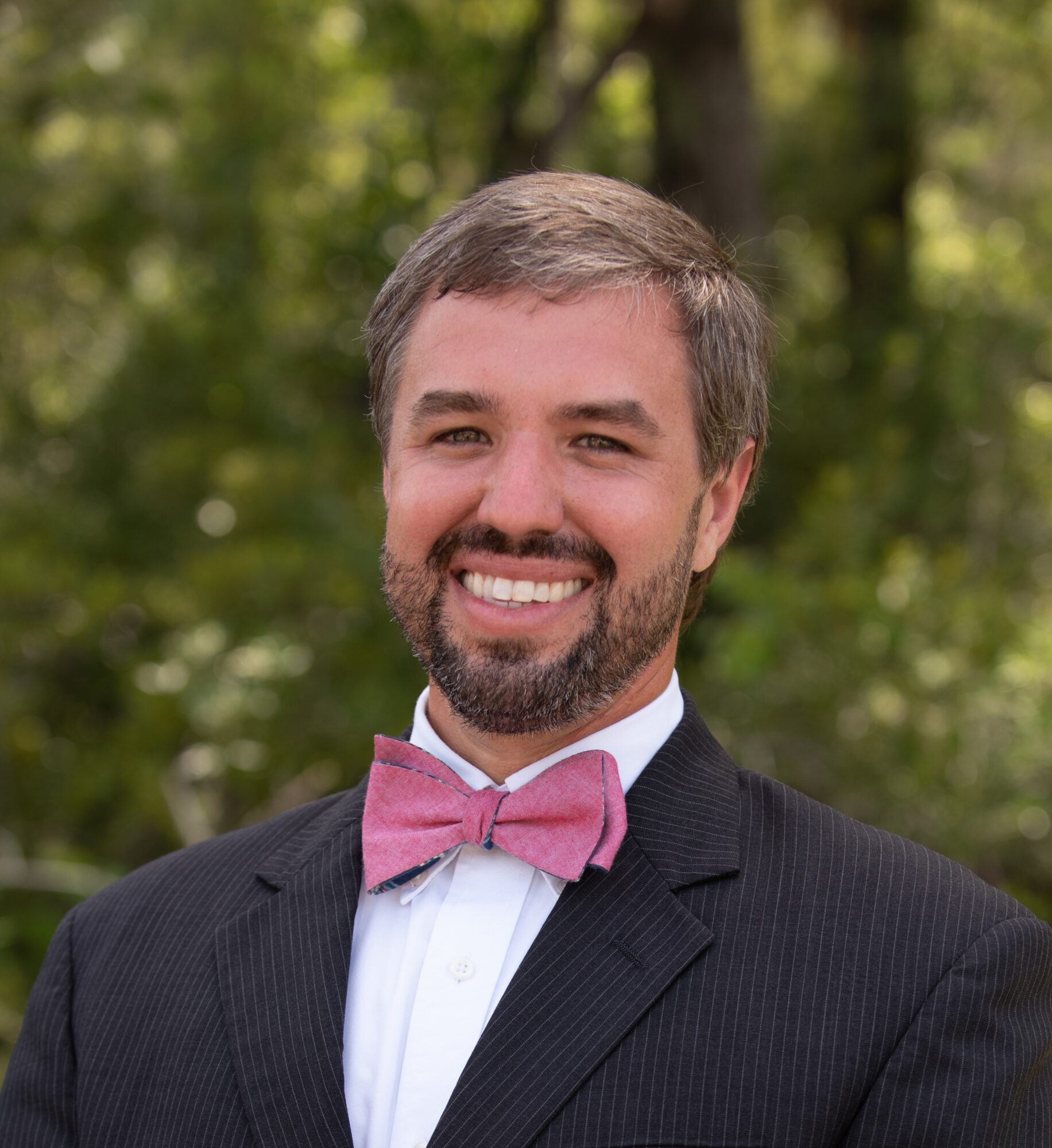
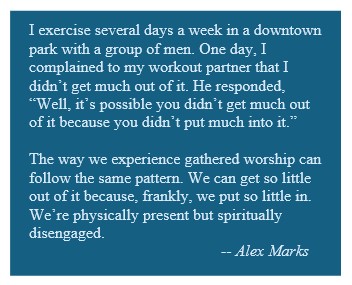


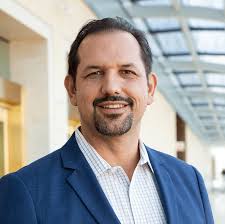
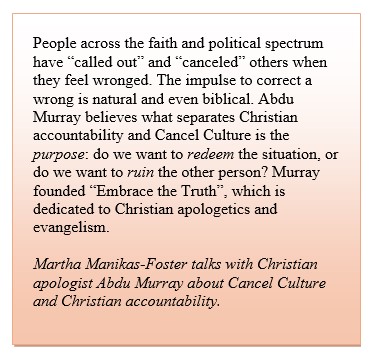 Murray is the founder of Embrace the Truth, a non-profit dedicated to Christian apologetics and evangelism. He reminds us that when you feel that the wrongs of others should be addressed, cancelling is not the only choice.
Murray is the founder of Embrace the Truth, a non-profit dedicated to Christian apologetics and evangelism. He reminds us that when you feel that the wrongs of others should be addressed, cancelling is not the only choice.